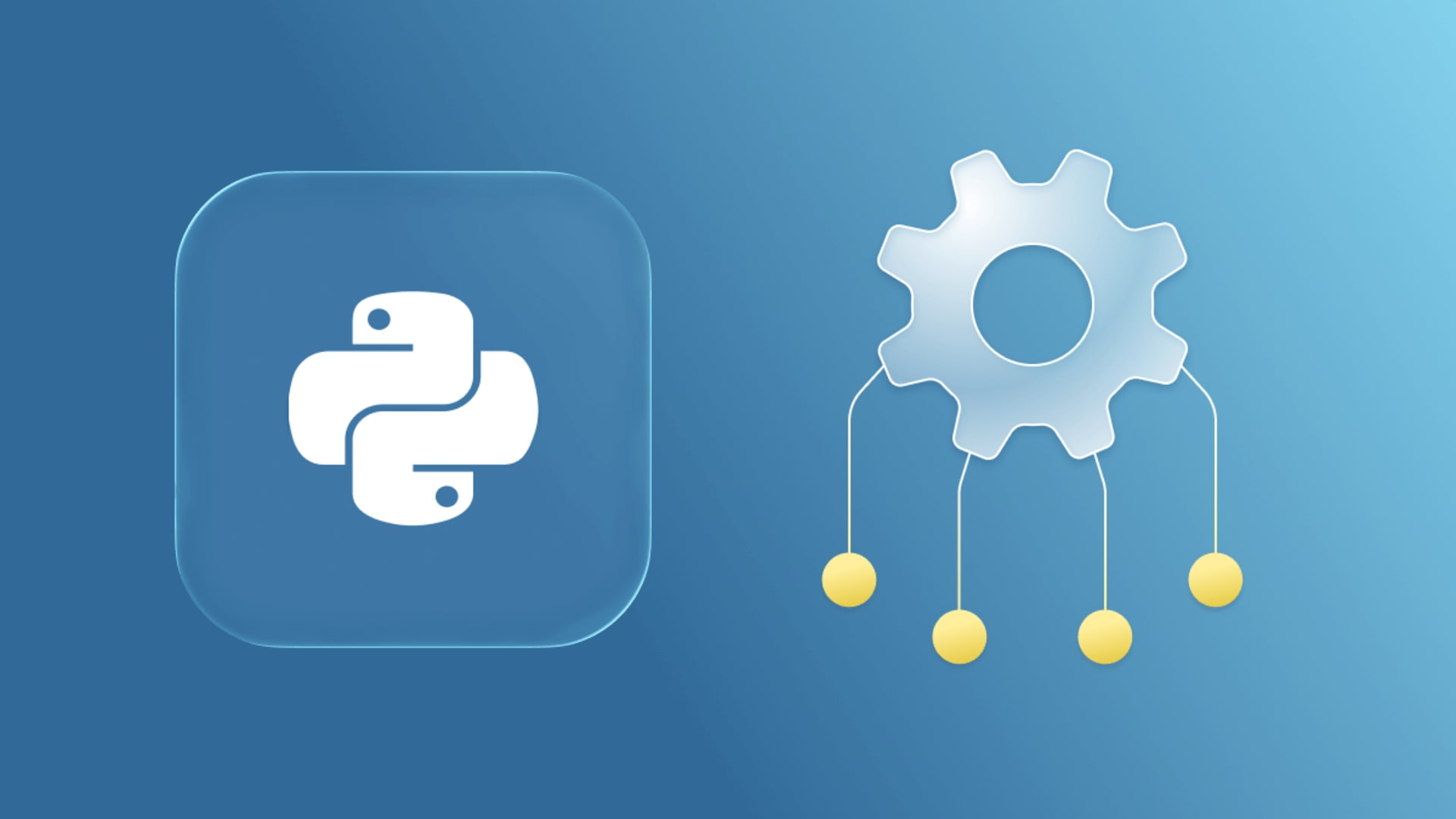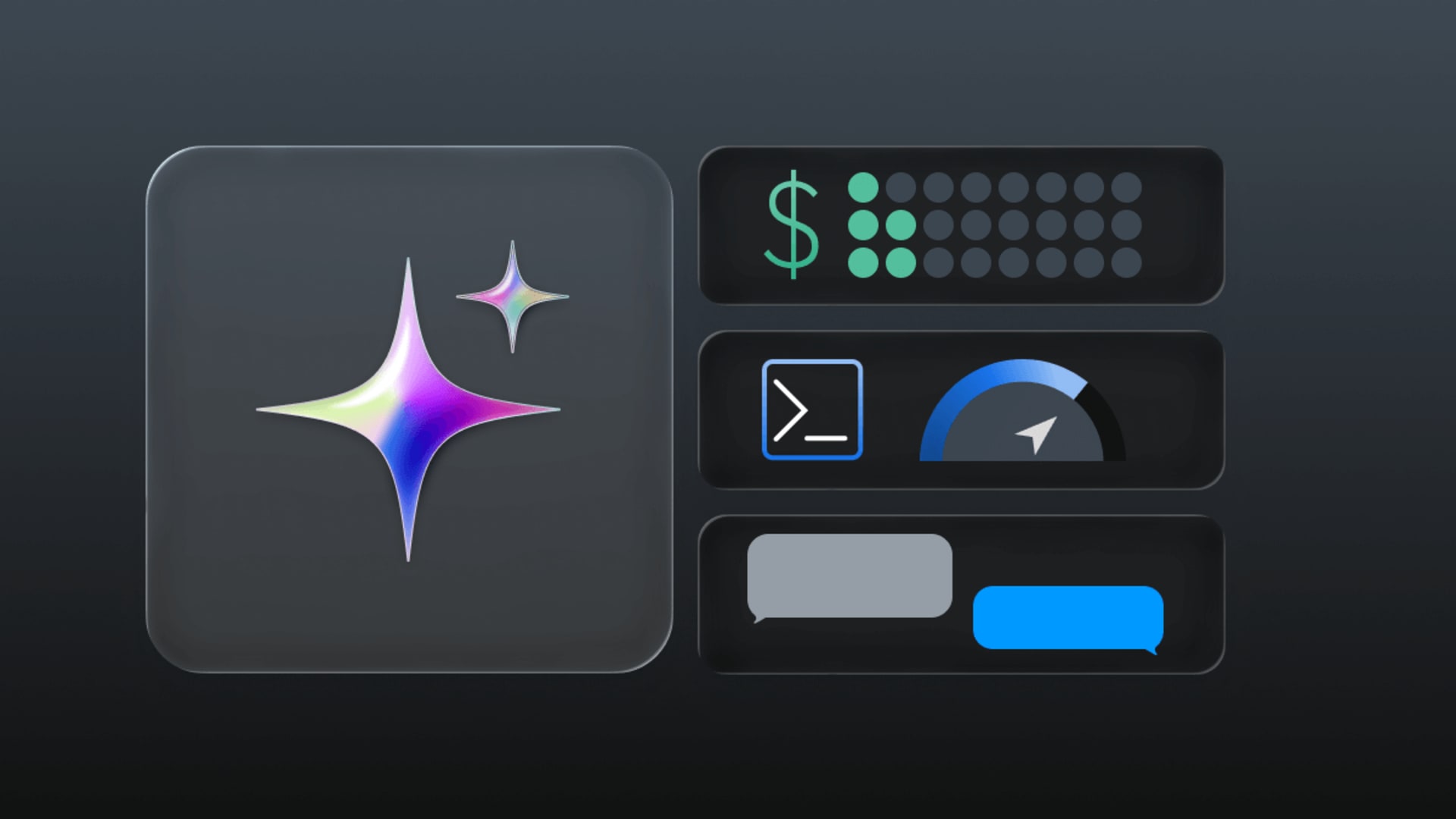Your blog for Outsourcing and Tech News

By Carlos Moreira
14 min read

By Rafael Affonso
11 min read

By BairesDev Editorial Team
14 min read

By Pablo Riboldi
8 min read

By Justice Erolin
17 min read

By Justice Erolin
9 min read

By Ezequiel Ruiz
11 min read

By Rodrigo Outumuro
8 min read

By BairesDev Editorial Team
12 min read

By Izcóatl Estañol
14 min read

By James Booth
16 min read

By Damian Scalerandi
12 min read












